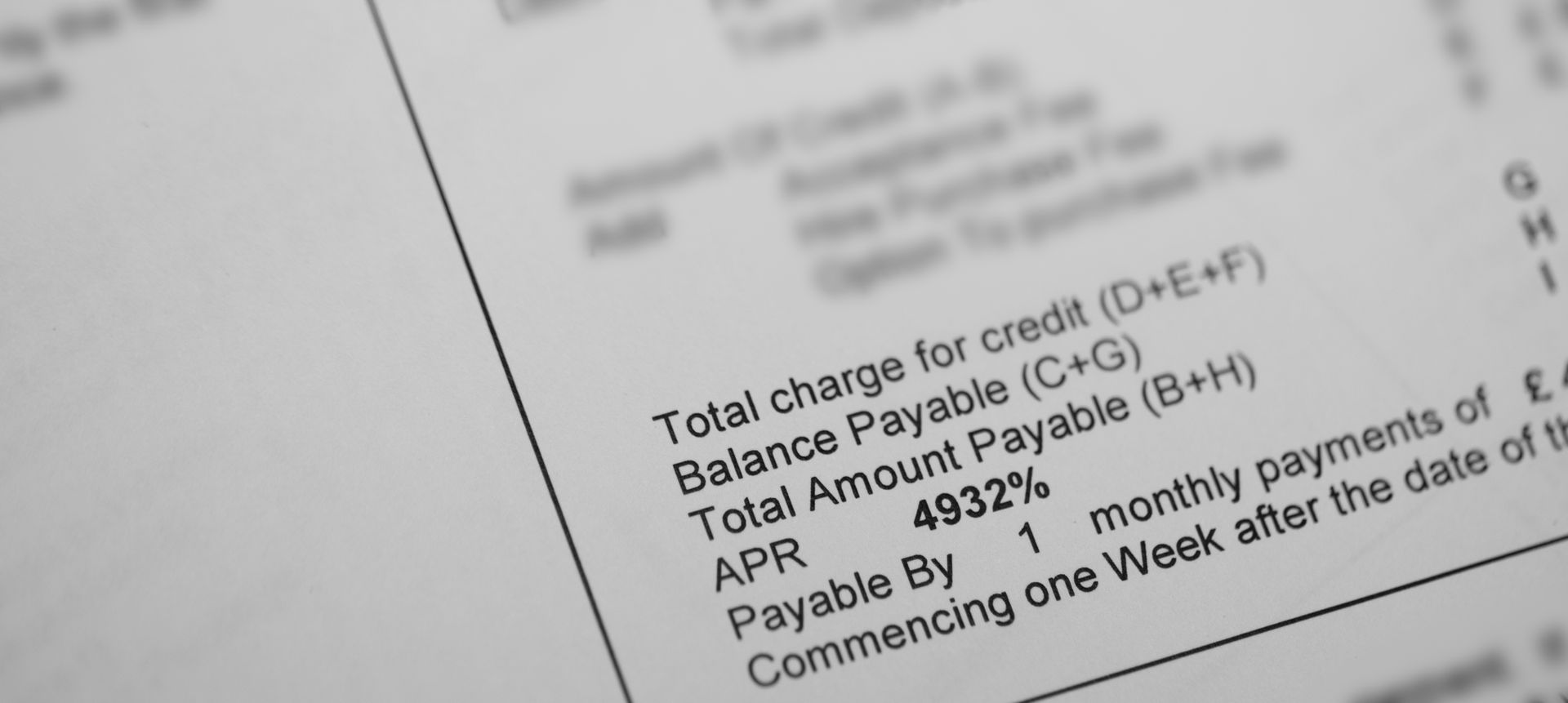4 Myths About Credit Scores
Credit scores play a crucial role in our financial lives, affecting our ability to secure loans, obtain favorable interest rates, and even rent an apartment. Yet, despite their significance, credit scores remain shrouded in mystery and surrounded by misconceptions.
You can make informed decisions and take control of your financial well-being if you ignore these myths. Here is the truth behind four commonly believed myths that often prevent individuals from understanding and managing their credit scores.
1. A Larger Credit Card Balance Improves Your Score
Your credit score will not improve if you consistently carry a high balance on your credit cards. In reality, there are several ways in which it could lower your credit score. A bigger load on a credit card may increase your overall credit utilization rate.
Credit utilization rate is the percentage of your total credit that you currently use. You should pay close attention to how much of your available credit you use. Your creditworthiness will suffer if this ratio is large.
Interest and other costs, which are likely to accrue if you maintain a higher balance for longer, can also hurt your credit score. Therefore, while responsible credit card use can raise your score, maintaining a big balance has no such beneficial effect and may even lower your score.
2. Checking Your Credit Score Affects It
A soft pull of your credit score, which happens when you check your credit score online, does not affect your score. Keeping tabs on your credit score is a great way to keep track of your progress and ensure that you make sound financial choices. However, a hard pull of your credit report, such as when you register for a new credit card, loan, or mortgage, might temporarily lower your score.
However, you will not hinder your credit prospects if you verify your credit score online using a reliable source, such as the credit bureaus. Credit card companies often allow you to view your score at no cost. Everyone has access to these resources, so make good use of them.
3. Close Old Credit Cards and Accounts to Improve Your Balance
Credit scores can take a hit if you close a credit card or account. When you cancel a credit card or bank account, you reduce your total credit limit. Because of the impact on your credit utilization ratio, which contributes to your credit score, this lessening of accessible credit may lower your score.
When you cancel a credit card account, you can no longer receive the positive effects of the account's age and positive payment history. An account closure will show up on your credit file for 10 years. However, if the account has been dormant for that long, the age and payment history will be removed, which will hurt your score.
Don't cut up your credit cards or close your accounts to maintain a high credit score. Maintain your credit score by keeping your oldest accounts open, using them periodically, and paying them off in full each month.
4. Higher Income Equals Better Score
A higher salary does not automatically result in a higher credit score. A person's income has no bearing on their credit score. The six factors that make up a credit score are payment history, percentage of credit limit used, remaining debts, credit age and mix, current credit activity, and accessible credit.
Income increases that are put toward debt repayment are one factor that contributes to an improved credit score, but a person's payment history, total debt, and types of credit used are the three main factors that make up their credit score.
Having more money in the bank or more credit available does not automatically mean a better credit score. Your credit score will rise gradually if you maintain on-time bill payments, never use more than 30% of your available credit, and make responsible decisions regarding your debt.
If you need quick and easy access to a personal installment loan, reach out to Ardmore Finance for help.









